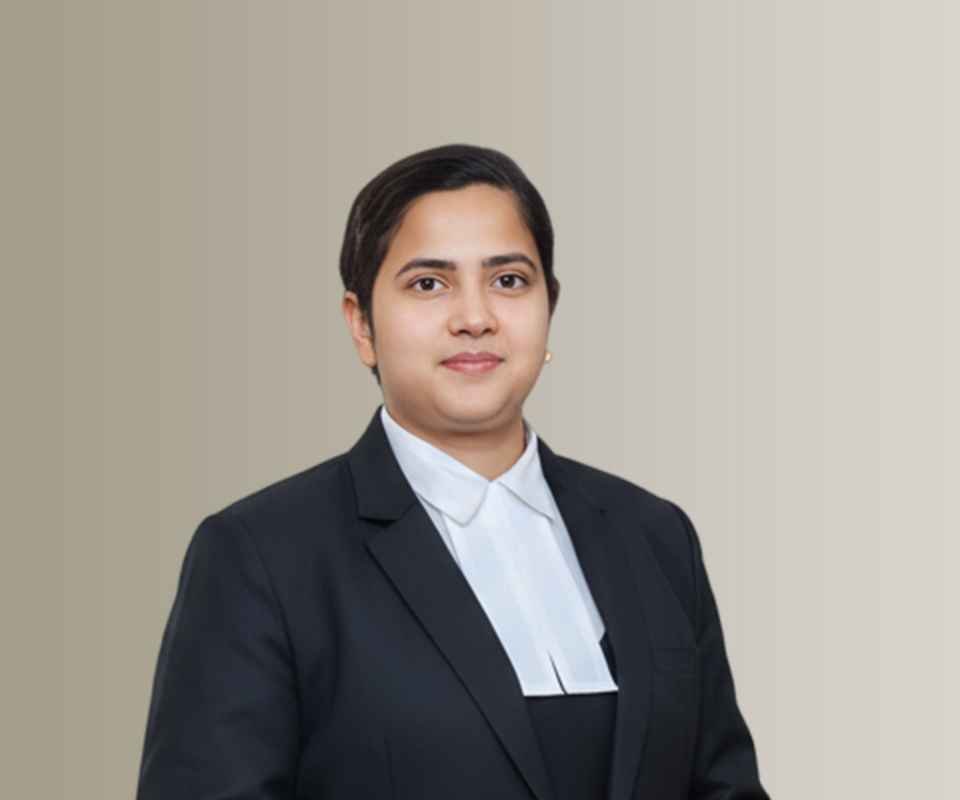Answer By law4u team
Constitution Of India Article 138: Enlargement of the Jurisdiction of the Supreme Court
(1) The Supreme Court shall have such further jurisdiction and powers with respect to any of the matters in the Union List as Parliament may by law confer.
(2) The Supreme Court shall have such further jurisdiction and powers with respect to any matter as the Government of India and the Government of any State may by special agreement confer, if Parliament by law provides for the exercise of such jurisdiction and powers by the Supreme Court.
Brief Detail
Article 138 of the Constitution allows Parliament and the Government of India, along with individual State Governments, to grant additional powers and jurisdiction to the Supreme Court in matters specified in the Union List, or other matters by special agreement, through law. This provision enhances the Supreme Court’s role and extends its authority in specific cases.
Question & Answers
What does Article 138 allow regarding the jurisdiction of the Supreme Court?
Article 138 allows Parliament and the Government of India, along with State Governments, to grant additional jurisdiction and powers to the Supreme Court in matters related to the Union List or by special agreements, provided Parliament enacts laws for such provisions.
How can the Supreme Court’s jurisdiction be enlarged under Article 138?
The Supreme Court’s jurisdiction can be enlarged by Parliament through legislation or by special agreements between the Government of India and State Governments, subject to the approval of Parliament.
Example
For example, Parliament may pass a law that extends the Supreme Court’s jurisdiction to cases involving disputes between two states or matters involving the Union Government, thus expanding its authority in specific areas.
Summary
Article 138 grants the Supreme Court the authority to expand its jurisdiction through laws passed by Parliament or by special agreements, thus enhancing its role in resolving matters of national and inter-state importance.







